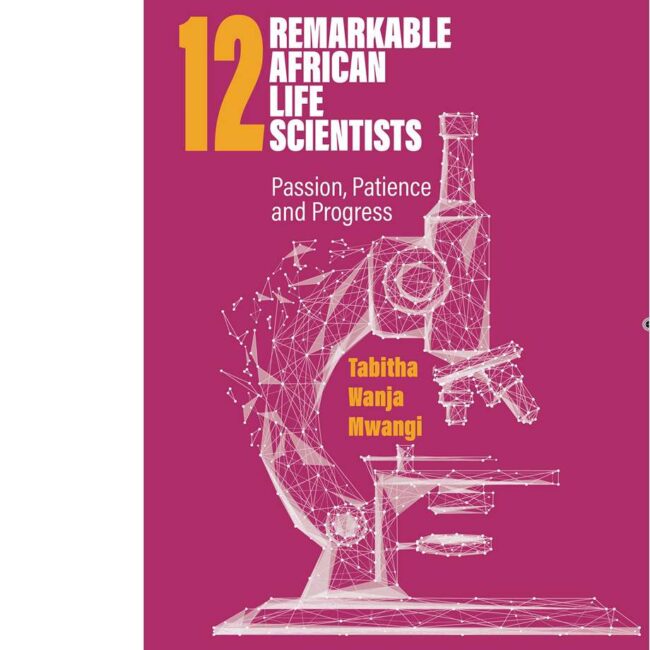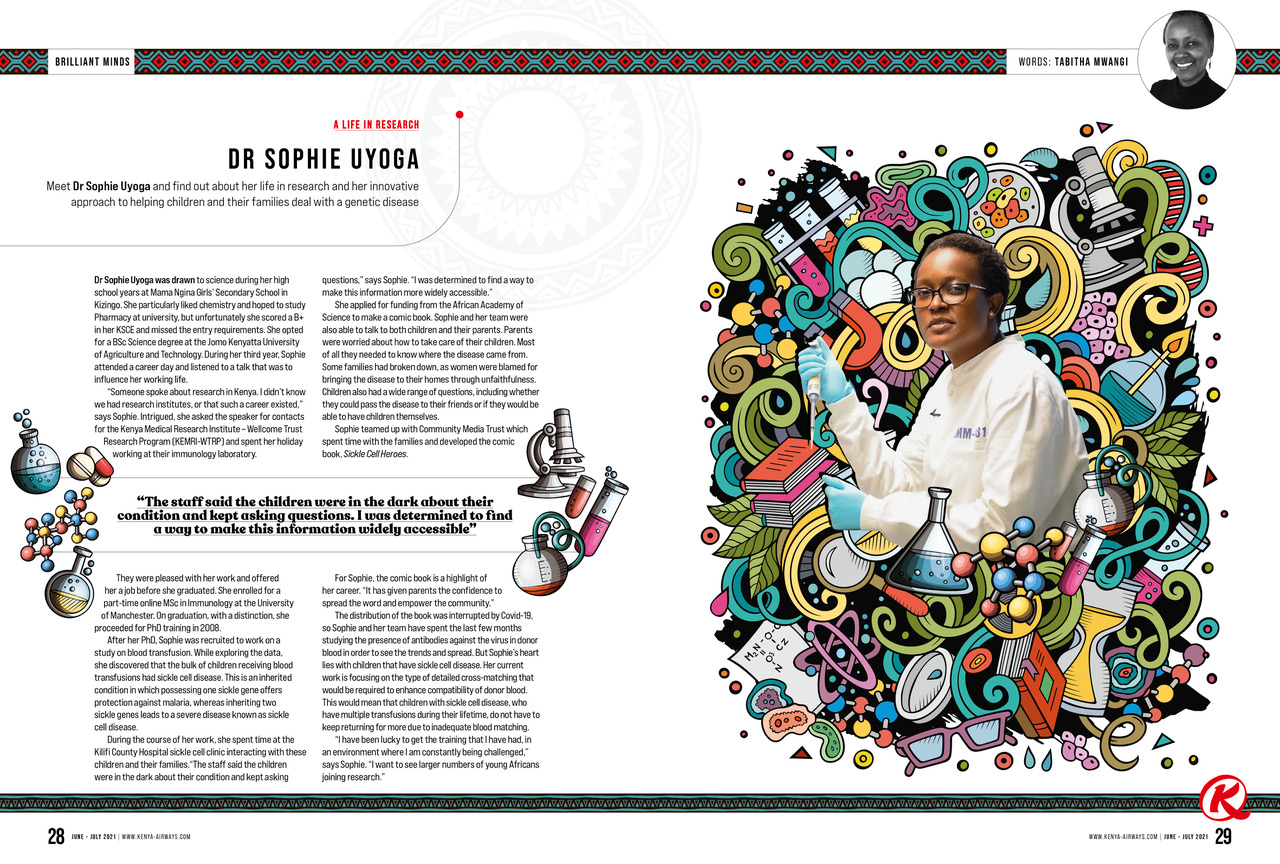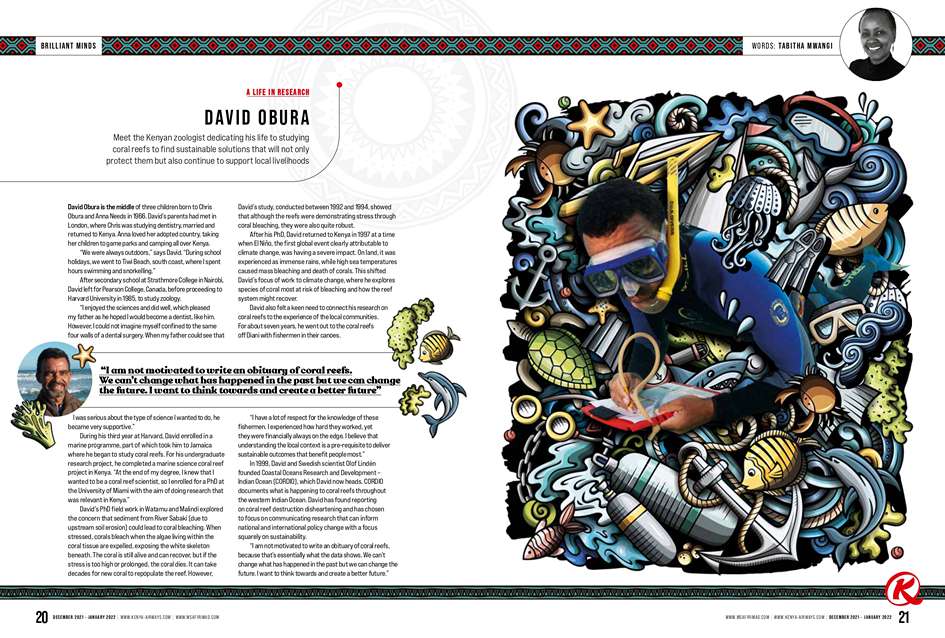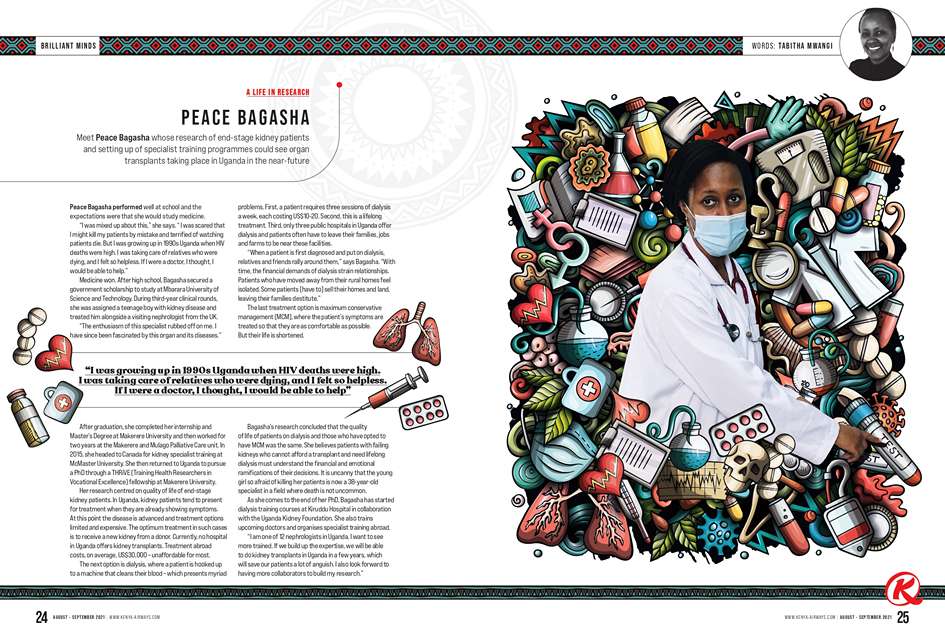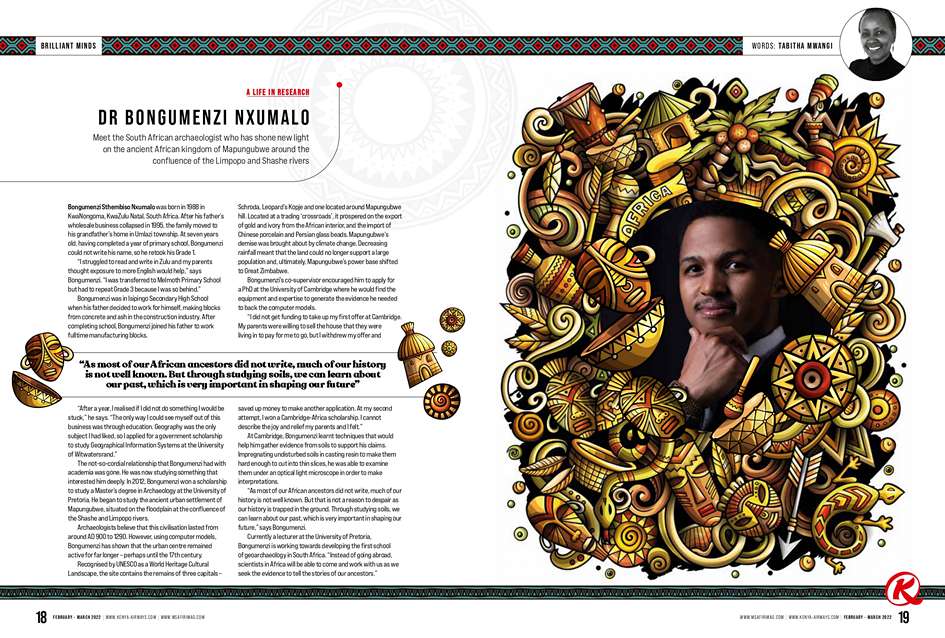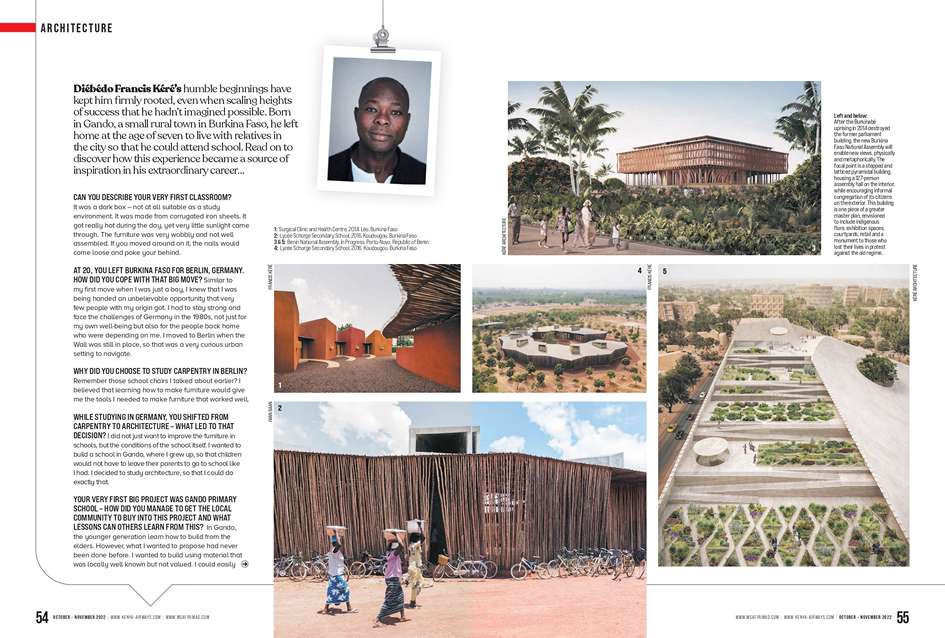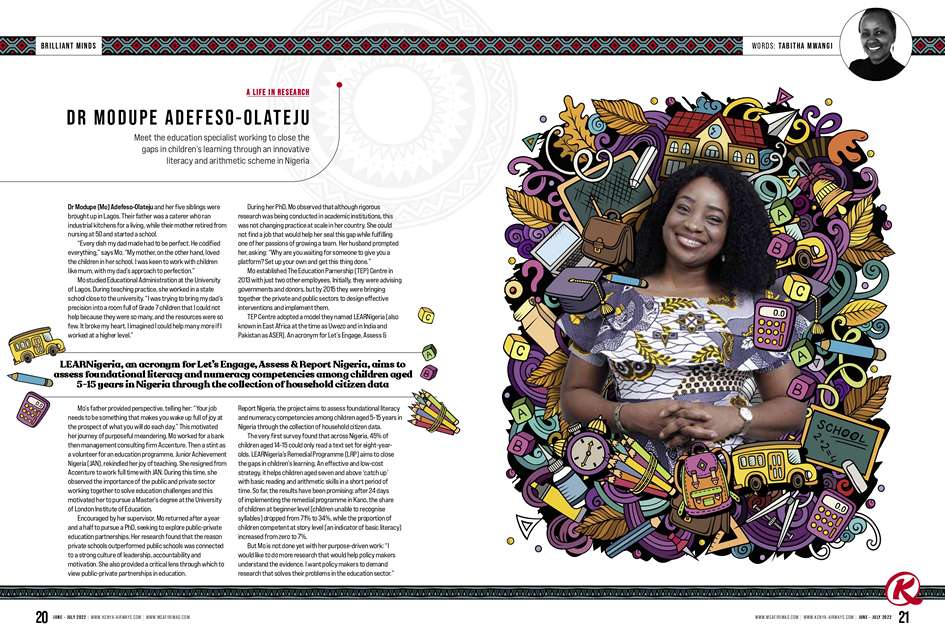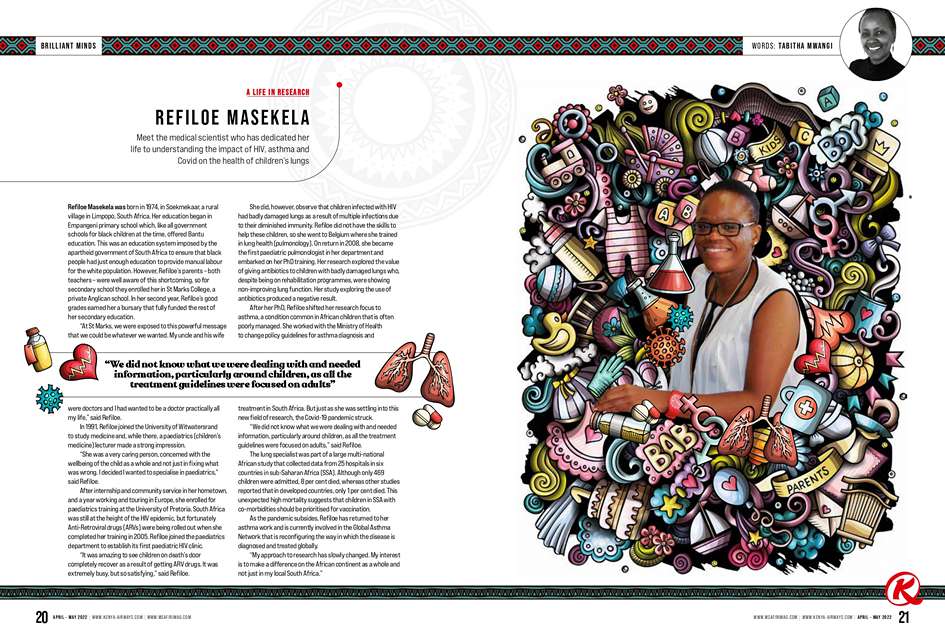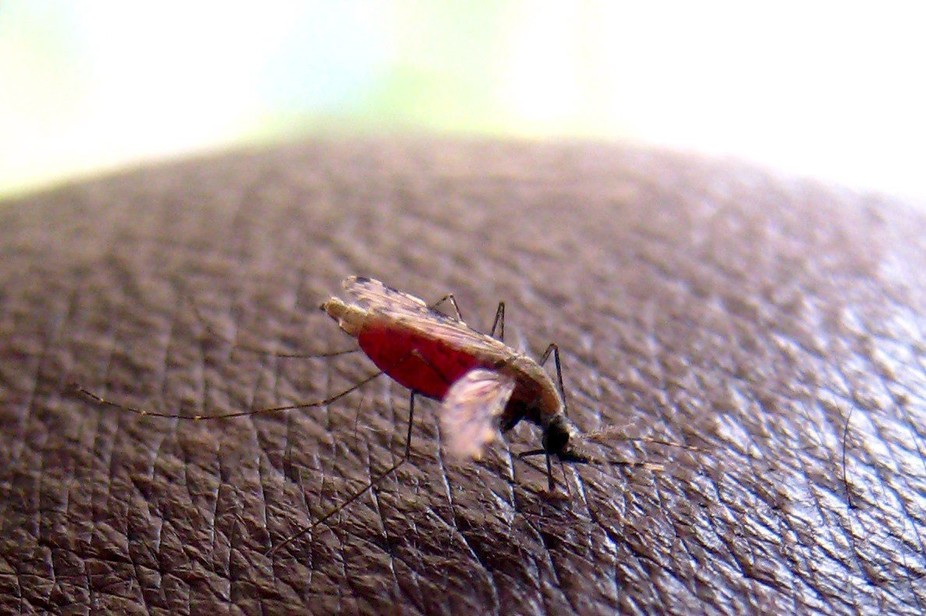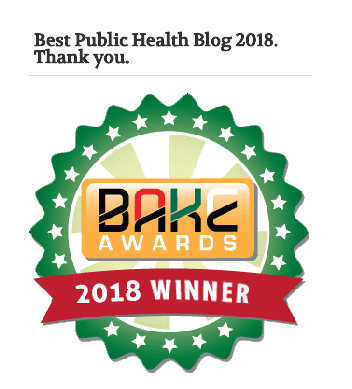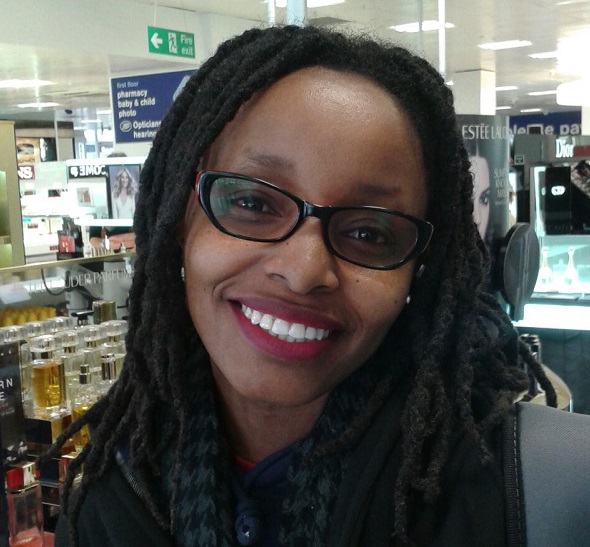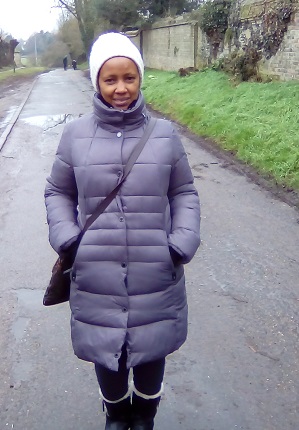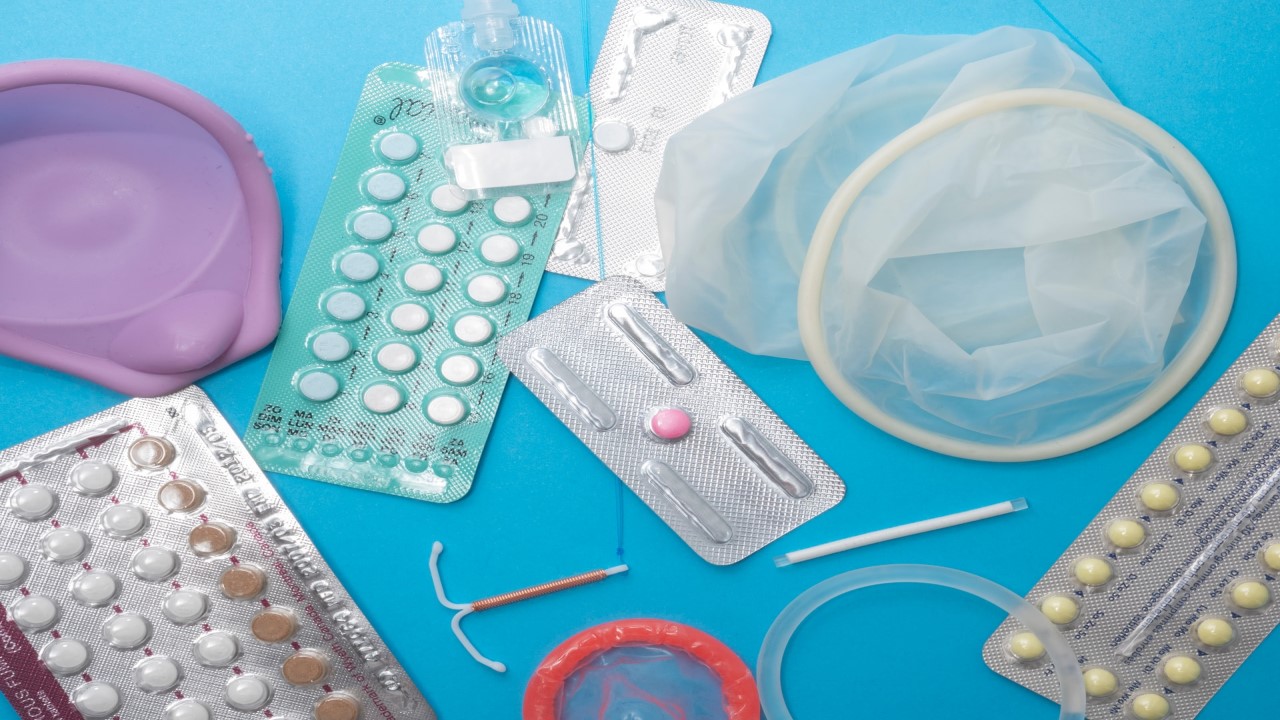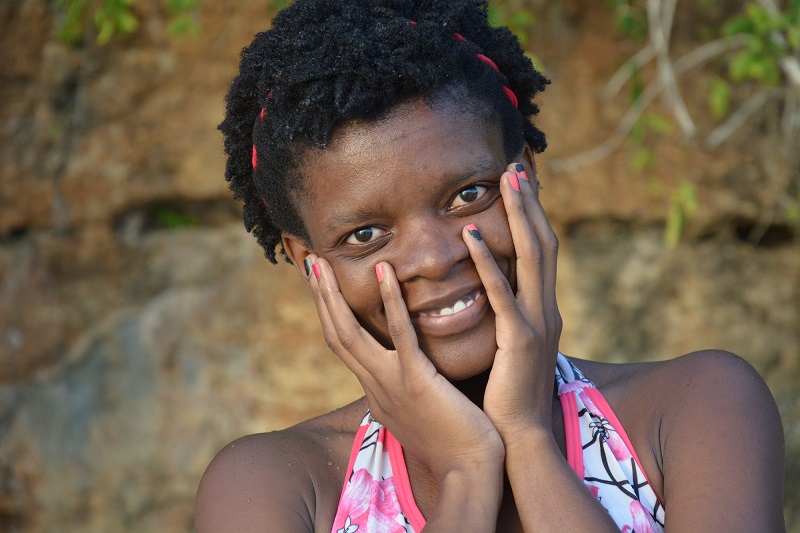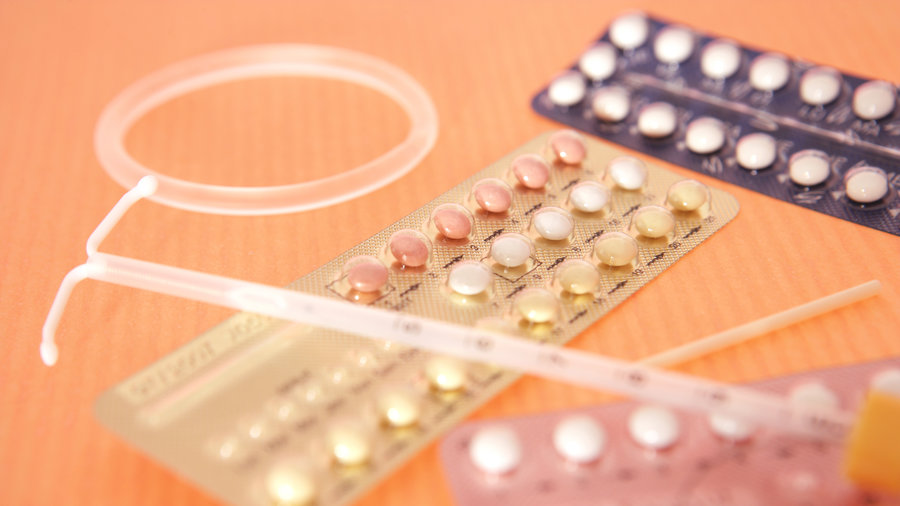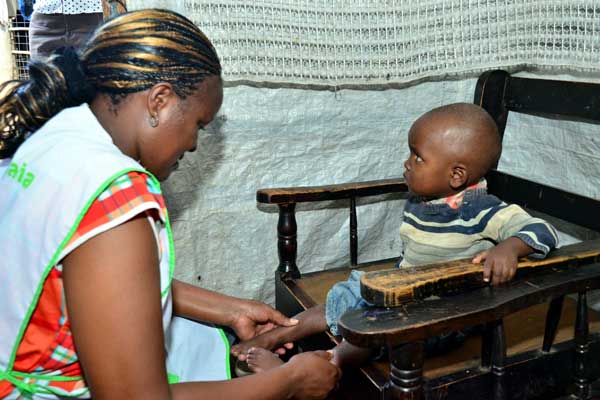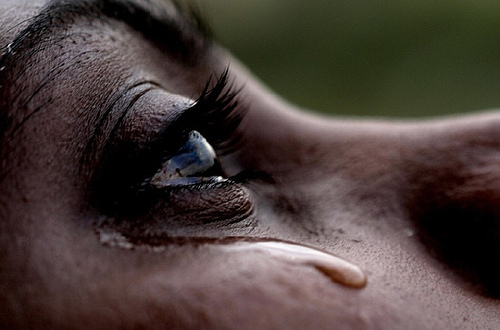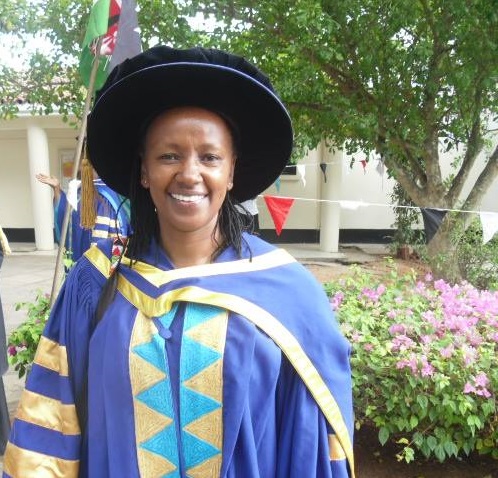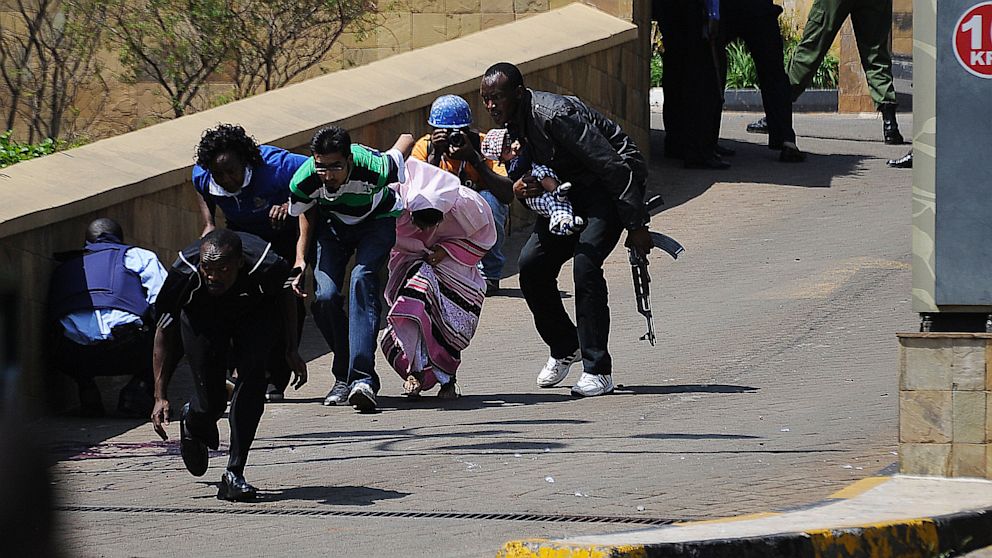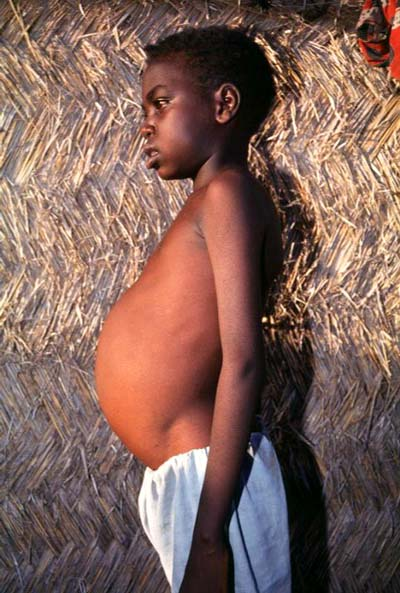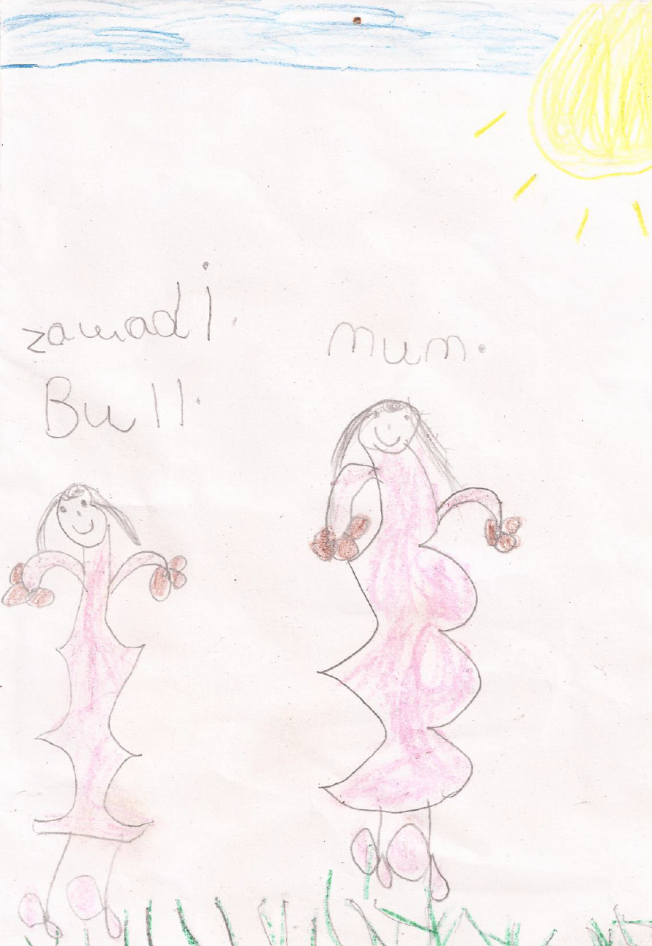Tune in to health
BBC World Service
Health Check Program
-
26th July 2023
-
23rd March 2022
-
23rd February 2022
-
12th January 2022
-
13th October 2021
-
8th June 2021
-
28th April 2021
-
9th January 2021
-
10th Dec 2020
Playing catch up on childhood immunisations
The World Health Organisation and UNICEF say global immunisation services reached 4 million more children in 2022 compared to the previous year, after a huge backslide during the Covid 19 pandemic. But the progress in countries like India and Indonesia masks continued decline in many lower income countries. Global health expert Tabitha Mwangi and Claudia Hammond discuss how immunisation numbers can bounce back.
They also look at new research from Sub-Saharan Africa that suggests as many as one in 10 teenagers might have high blood pressure, and what might be the most effective way of lowering it?
Listen Here
What should Hong Kong do about Covid-19?
The number of new Covid-19 infection cases worldwide has jumped by 10%. Tabitha Mwangi, Programme Manager at Cambridge Africa at Cambridge University, gives us a rundown of how that overall increase is playing out in different parts of the world.
Hong Kong had been one of the most successful places at controlling Covid-19 but recently faced the highest death rates in the world. What went wrong? We hear from Vivian Wong, a public health advisor and honorary professor of Chinese Medicine at the University of Hong Kong.
And how are pandemic restrictions impacting people’s mental wellbeing? Christian Chan, an Associate Professor of Psychology at the University of Hong Kong and a warden at a student residence, shares his thoughts.
Listen Here
Why measles is sweeping through Afghanistan
This week on Health Check, polio makes an unwelcome return to the African continent and measles cases are soaring among children in Afghanistan. We hear from WHO spokesperson Dr Margaret Harris and Médecins Sans Frontières’ Sarah Vuylsteke and Maxime Pirard who are based at Herat Regional Hospital in western Afghanistan.
We also hear how the pandemic has impacted children worldwide, from disruption to routine vaccination services to studies suggesting high mortality rates among children with Covid-19 in sub-Saharan Africa.
Our guest is public health expert Dr Tabitha Mwangi who managed the Cambridge Africa programme at Cambridge University.
Listen Here
Omicron set to infect half of Europe
Tabitha Mwangi, programme manager at Cambridge Africa at Cambridge University, joins Claudia to discuss the latest on the rapid spread of Omicron across Europe and the factors behind the waves of Covid-19 infections in Kenya.
In light of the controversy surrounding Novak Djokovic’s participation in the Australian Open Tennis tournament, Dr Maggie Wearmouth explains the rare instances where people can be medically exempt from having a Covid vaccination.
Also, what do the lung scans of Covid-19 patients tell us about how the virus gets around the body, and should we be washing our mouths as well as our hands? Dr Graham Lloyd-Jones, a radiologist from the UK, shares his theory.
Listen Here
How will the new malaria vaccine be rolled out in Africa?
The approval of the RTS,S malaria vaccine was decribed as an 'historic moment' by the WHO. After the success of pilot immunisation programmes in Ghana, Kenya and Malawi, the World Health Organization says the vaccine should be rolled out across sub-Saharan Africa and in other regions with moderate to high malaria transmission.
Tabitha Wanja Mwangi from the Cambridge-Africa team at Cambridge University explains some of the challenges and benefits that the roll out will encounter. She says that although three shots plus boosters will need to be given, the fact that the vaccine will reduce the number of hospitalisations will bring much-needed relief to health facilities in the region, and will also help collate the details of those at risk, which will help future vaccination roll outs. In addition, the roll out will target areas of medium to high transmission rates, which will reduce the resources needed for distribution.
Listen Here
How likely are you to catch covid twice?
There is good news from a study published in Lancet Healthy Longevity, which looked at protection levels from getting Covid.
It studied the risk of Covid reinfection in care home staff and occupants up to 10 months after first being unwell and showed substantial levels of protection were retained.
BBC Health Check guest Dr Tabitha Mwangi, a public health expert, discusses the findings.
Listen Here.
New malaria vaccine is most effective to date
A trial of a new malaria vaccine has shown 75 per cent efficacy. This is good news because previous malaria vaccines haven’t been as successful.
Health Check guest Dr Tabitha Mwangi explains what will happen next.
Listen Here.
How the pandemic has affected some of Africa’s sex workers
An international research team has uncovered the impact of the coronavirus pandemic on commercial sex workers in Senegal.
Public health expert Dr Tabitha Mwangi has looked at the findings and she explains why the sex workers are at greater risk of HIV infection because of measures put in place to protect people from Covid-19.
Listen Here.
Gene therapy for sickle cell disease
Are genetic therapies for sickle cell disease beginning to come of age? Claudia Hammond talks to David Williams and Erica Esrick of Boston Children’s Hospital about their promising results with a gene therapy for the disease in a pilot trial involving six young patients. Their report appears in the latest edition of the New England Journal of Medicine alongside encouraging results of a CRISPR gene editing therapy for sickle cell disease. Both approaches target the same gene – the result of which is to make bone marrow cells to produce foetal haemoglobin to compensate for people’s faulty adult haemoglobin.
Claudia’s studio guest is Tabitha Mwangi, who is a lecturer in public health at Anglia Ruskin University and has also been a malaria researcher in Kenya. Tabitha talks about the great benefits of giving children four months of malaria prophylaxis tablets during the rainy season in West and Central sub-Sahelian Africa. A study involving millions of children and tens of thousands of health workers halved the number of children dying from malaria.
Listen Here.
TABITHA ON HEALTH
Health Blog Articles
Being a research participant
I have been on the researcher end and rarely on the research participant end.
Exciting malaria study
Sometimes reporting can give an overly exciting impression about something ver
Winner 2018 – Asanteni sana
This is to say a huge thank you. For two years in a row now - this blog has w
Living with chronic migraine by Scholastica Zakayo
Guest writer, Scholastica Zakayo shares her experience with chronic migraine.
I wet my bed through high school by Cheryl Andisi
Our guest writer Dr Cheryl Andisi writes about her struggles with bedwetting t
Happy new-ish year!
May the labor of your hands bring you joy and may you find peace in 2018. Look
Global malaria report – article in ‘The Conversation’
The World Malaria Report for 2017 was published at the end of last month. I wr
Contraceptives and the young by Nathan Laibuch
Nathan, a 4th year student at Pwani University writes about contraception and
What does 115 years of malaria in Africa look like?
When we read these stories, it is tempting to imagine that we have got malaria
Are you OK? by Debra Riako
Today - the 10th October is mental health awareness day, a time for global dir
Health is made at home, hospitals are for repairs
Hospitals can help heal the body but it is rarely the place where we build our
Fertility
Once a community has enough food and medicine for its children, when girls com
Rickets in Nairobi sunshine
It was hard to believe that in this day and age there are children suffering f
Historical child sexual abuse
When someone asks – ‘Why have you taken twenty years to report this abuse
Thorny issue of university promotions
The Commission on University Education needs to think through the promotional
Doctoral training – let’s think it through
Although the Commission for University Education (CUE) may complain about the
Teenagers and sexual orientation
More good could be done by the psychological and religious communities if they
Terror – a worldwide crisis requiring a global solution.
In the face of terror – we all react in a very similar fashion. The initial
Kala azar – what kind of disease is this?
Yesterday (30th May 2017) – there was a report in the papers about an outbre
Far from empowered
As a mother of a daughter, I do feel for her as she grows up. I am disappointe
This is Kenya’s Best Public Health Blog
Thank you to all of you for voting for me – your support has put this bl
Health Topics
abortion African scientist birth defects child abuse child sexual abuse chlamydia Covid19 depression Depression in Kenya Diabetes Diabetes in Kenya Ebola elderly female circumcision Female genital mutilation FGM ghosts health healthkenya Homophobia KEMRI KEMRI-WTRP kenya kenya health Kilifi malaria malaria in Africa malaria vaccine maternal health mental health migraine MSM PCV PCVIS Pneumonia reproductive health RTSS malaria vaccine Sexual health STI stress suicide Vaccine confidence vaccines WHO women's health



